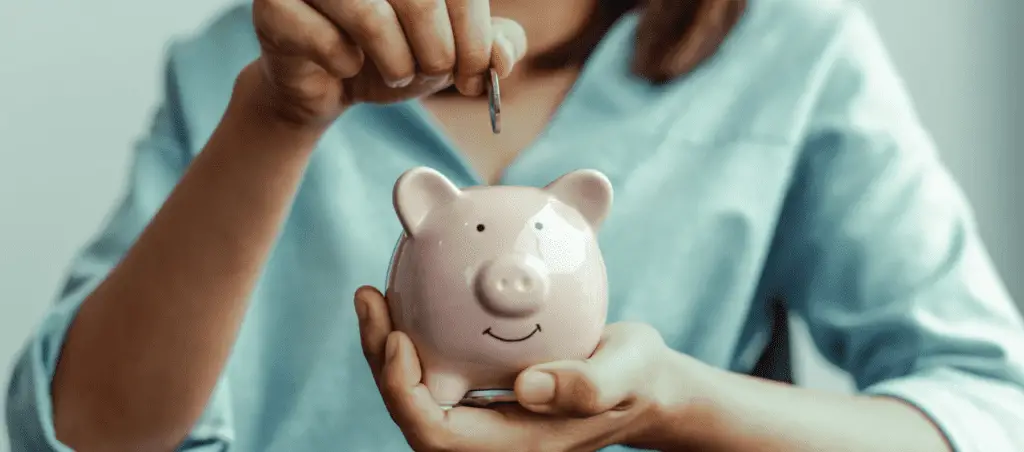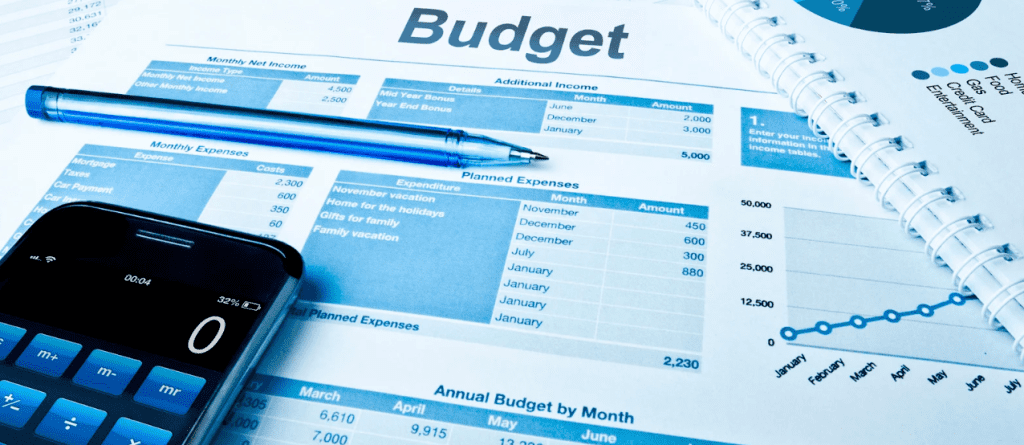If you’re like most people, you know that when it comes to bills, there’s never enough time. Between work, family, and other obligations, it can be hard to get everything done on time. But don’t worry – there are ways to catch up if you are behind on your bills. Here are a few tips:
1) Set realistic goals. When you’re trying to catch up on bills, it’s important not to set unrealistic goals. Instead of thinking that you need to pay off your entire bill in one day or week, try setting smaller goals such as paying off part of the bill or making a specific payment deadline. This will help keep you motivated and on track.
2) Schedule reminders. If getting organized is a struggle for you, make sure to schedule reminders for yourself so that you don’t forget about your deadlines. This way, even if something comes up during the day that prevents you from completing a task right away, you’ll still have time before the deadline rolls around to finish it up.
3) Ask for help from friends and family members. One of the best ways to catch up on your bills is by working together with friends and family members who can share their resources and help out with tasks that take longer than normal. It’s also helpful if they can take care of small tasks while you focus on larger ones – this way both of your schedules stay more manageable!
Understand your current financial situation
If you’re behind on your bills, don’t panic. There are several things you can do to catch up. First, take a close look at your budget and see where you can cut back on expenses. You may need to make some sacrifices in the short-term, but it will be worth it in the long run.
Second, try to increase your income by getting a second job or taking on some freelance work. Any extra money you can bring in will help you get caught up on your bills. Finally, make a plan for how you will pay off your debts.
This may involve making larger payments on certain debts or consolidating your debts into one loan with a lower interest rate. Whatever your plan is, stick to it and don’t fall back into debt again.

Make a budget and track your spending
If you’re behind on bills, don’t despair. There are ways to catch up. First, take a close look at your budget and see where your money is going. Track your spending for a month or two so you can see where cuts can be made. You may need to make some tough choices, but it’s important to get control of your finances.
Once you have a handle on your spending, make a plan to pay off your debts. Start with the debts with the highest interest rates first. You may need to get creative with how you come up with the money to make extra payments, but it will be worth it in the long run.
There’s no easy way out of debt, but by making a budget and tracking your spending, you can put yourself on the path to financial freedom.
Find ways to increase your income
If you’re behind on bills, it can feel like you’re never going to catch up. But there are ways to get back on track. First, take a close look at your budget and see where you can cut back. Then, try to bring in some extra money with a part-time job or by selling some of your belongings. Finally, make a plan to stay on top of your finances so you don’t fall behind again.
Work out a payment plan with your creditors
If you’re behind on bills, don’t panic. There are a few things you can do to catch up. First, work out a payment plan with your creditors. This may involve making smaller payments over a longer period of time, or making one lump sum payment. You’ll need to negotiate with your creditors, so be prepared to make a case for why you need more time or money. Second, consider using a debt consolidation loan to pay off your debts. This can help you save money on interest and get out of debt more quickly. Finally, if all else fails, you may need to file for bankruptcy. This should be considered a last resort, as it will have a negative impact on your credit score and make it difficult to get loans in the future.

Prioritize your debts
If you find yourself behind on bills, don’t panic. There are steps you can take to catch up and get back on track. The first step is to prioritize your debts. You should start by paying the debts with the highest interest rates first. This will save you money in the long run and help you get out of debt more quickly.
You should also make sure to pay any past due amounts as soon as possible to avoid late fees and additional interest charges. Once you have caught up on your high-interest debt, you can focus on paying off your other debts one at a time. This process may take some time, but it is important to stay patient and disciplined in order to get out of debt completely.
Use a debt consolidation loan
If you’re struggling to keep up with your bills, a debt consolidation loan could be a helpful solution. By consolidating your debts into one loan, you’ll have just one monthly payment to make instead of several. This can make it easier to stay on top of your finances and avoid falling behind on your payments.
There are a few things to keep in mind when considering a debt consolidation loan, such as the interest rate and fees associated with the loan. But if done carefully, consolidating your debts can help you get back on track financially.
Seek professional help
If you’re struggling to keep up with your bills, don’t despair. There are plenty of ways to catch up and get back on track. Here are a few tips:
1. Communicate with your creditors. If you’re having trouble making payments, reach out to your creditors and explain the situation. Many will be willing to work with you to create a payment plan that fits your budget.
2. Prioritize your bills. Once you’ve communicated with your creditors, make a list of all of your bills and prioritize them based on importance. Your mortgage or rent should be at the top of the list, followed by things like food and utilities. From there, you can start working on catching up on other debts like credit cards or personal loans.
3. Create a budget and stick to it. One of the best ways to catch up on bills is to create a realistic budget and stick to it as closely as possible. Track all of your income and expenses so you know exactly where your money is going each month. Then, make adjustments where necessary to ensure that you’re living within your means and putting enough money towards debt repayment each month.
4 . Seek assistance from a nonprofit credit counseling agency . If you need help getting caught up on bills, consider reaching out to a nonprofit credit counseling agency for assistance . These organizations can provide valuable resources and advice for managing debt and creating a budget .
5 . Use windfalls wisely . Any unexpected money that comes your way – such as tax refunds , bonuses , or inheritance – should be used wisely . Instead of blowing it all on unnecessary purchases , use it to catch up on outstanding debts . This will help reduce the overall amount owed and put you in better financial shape overall .
6 Start small but start now It’s easy to feel overwhelmed when trying to figure out how to catch up on bills but remember that every little bit helps Break down large payments into manageable chunks Even if it seems like slow progress any movement in the right direction is better than none at all
Avoid falling behind on bills in the future
It can be difficult to catch up on bills when you’re behind, but there are a few things you can do to make it easier. First, try to work out a payment plan with your creditors. This will help you budget and avoid late fees. You may also want to consider consolidating your debt into one monthly payment. This can help you get caught up more quickly. Finally, make sure you stay current on all of your bills in the future so that you don’t fall behind again.
